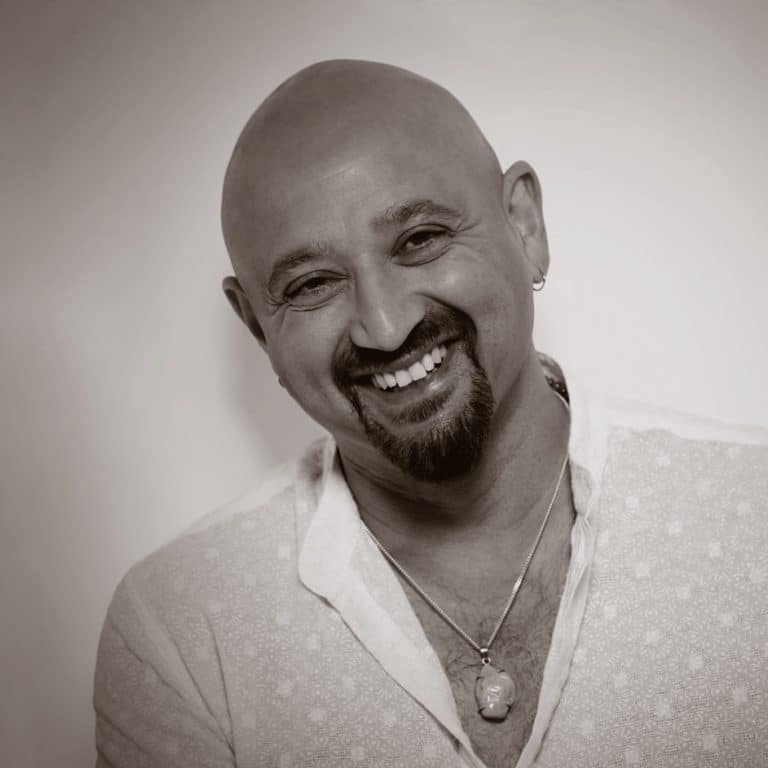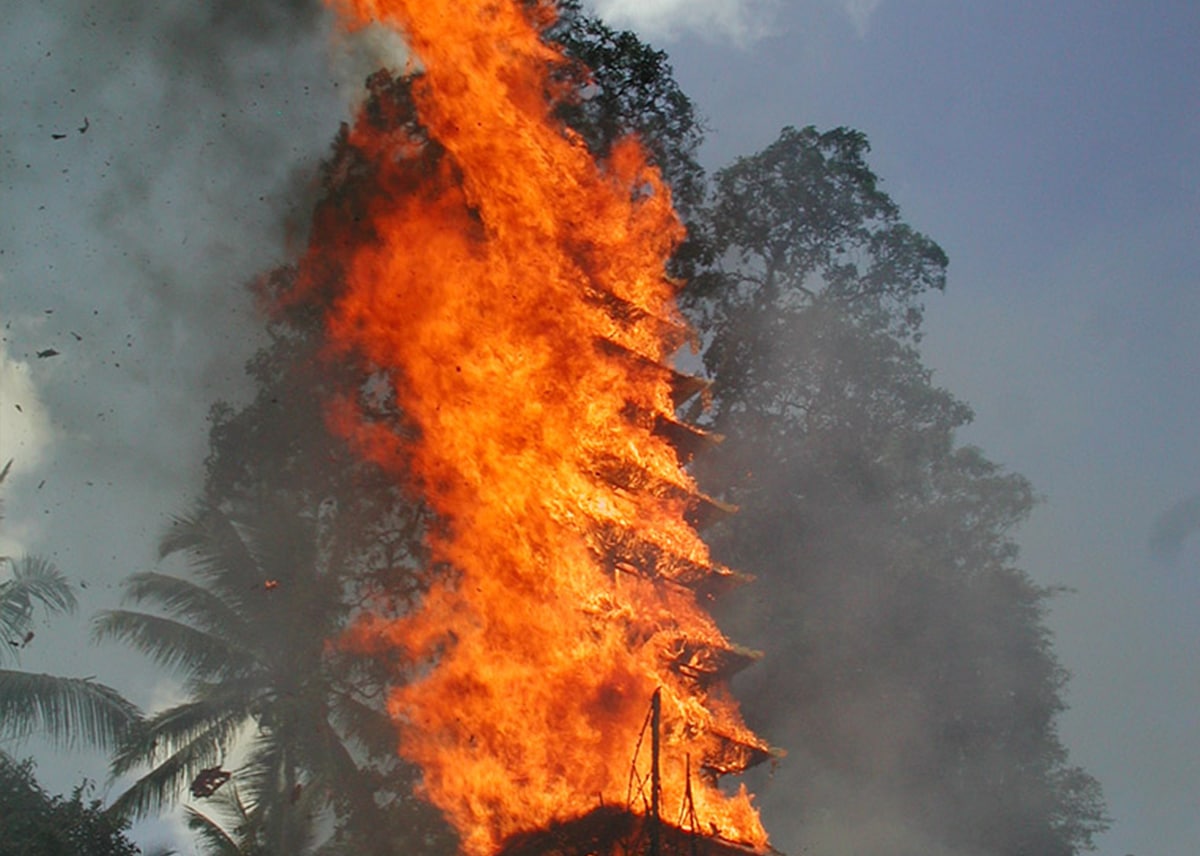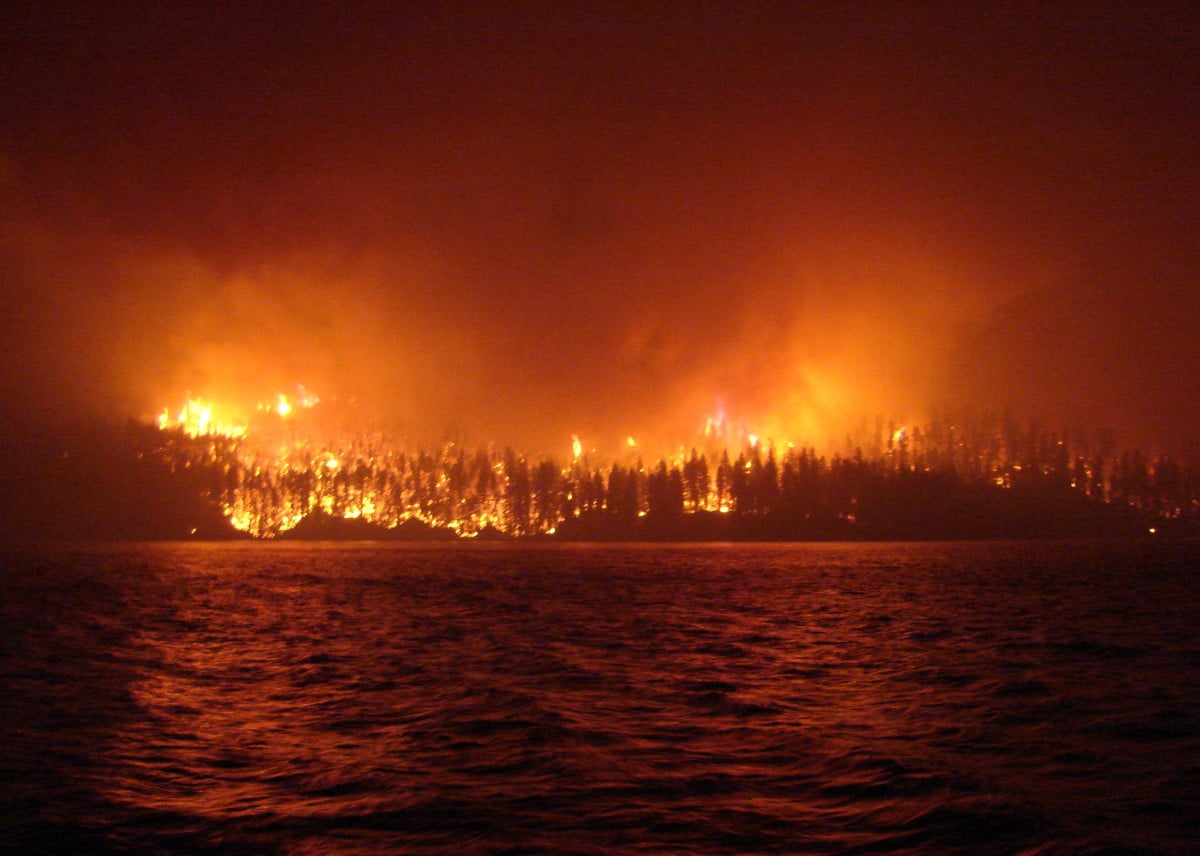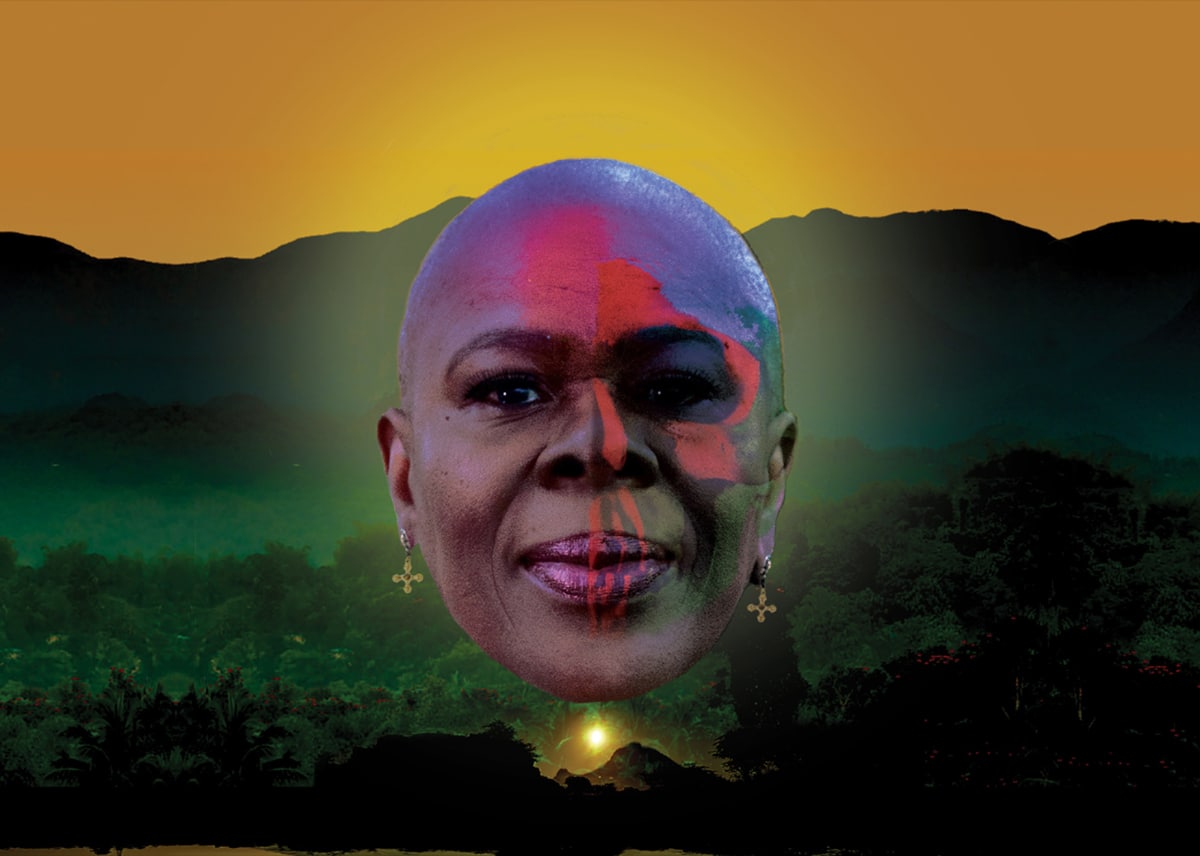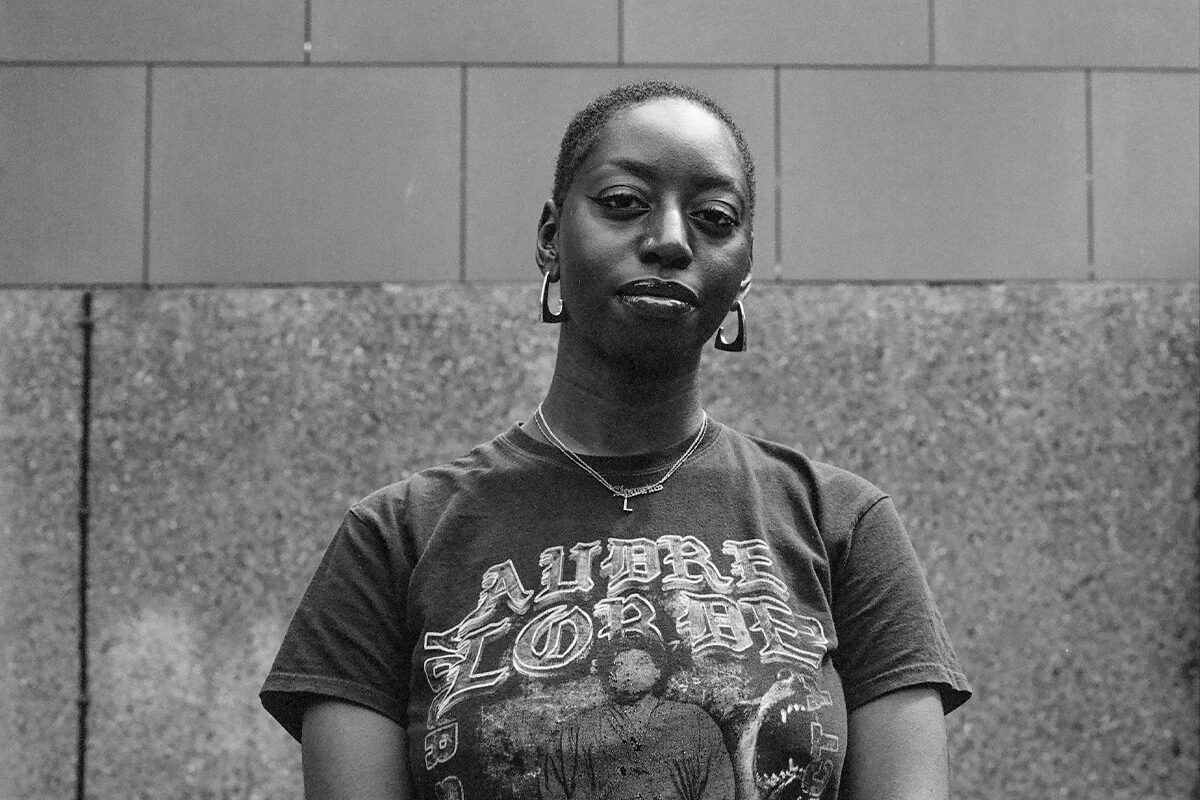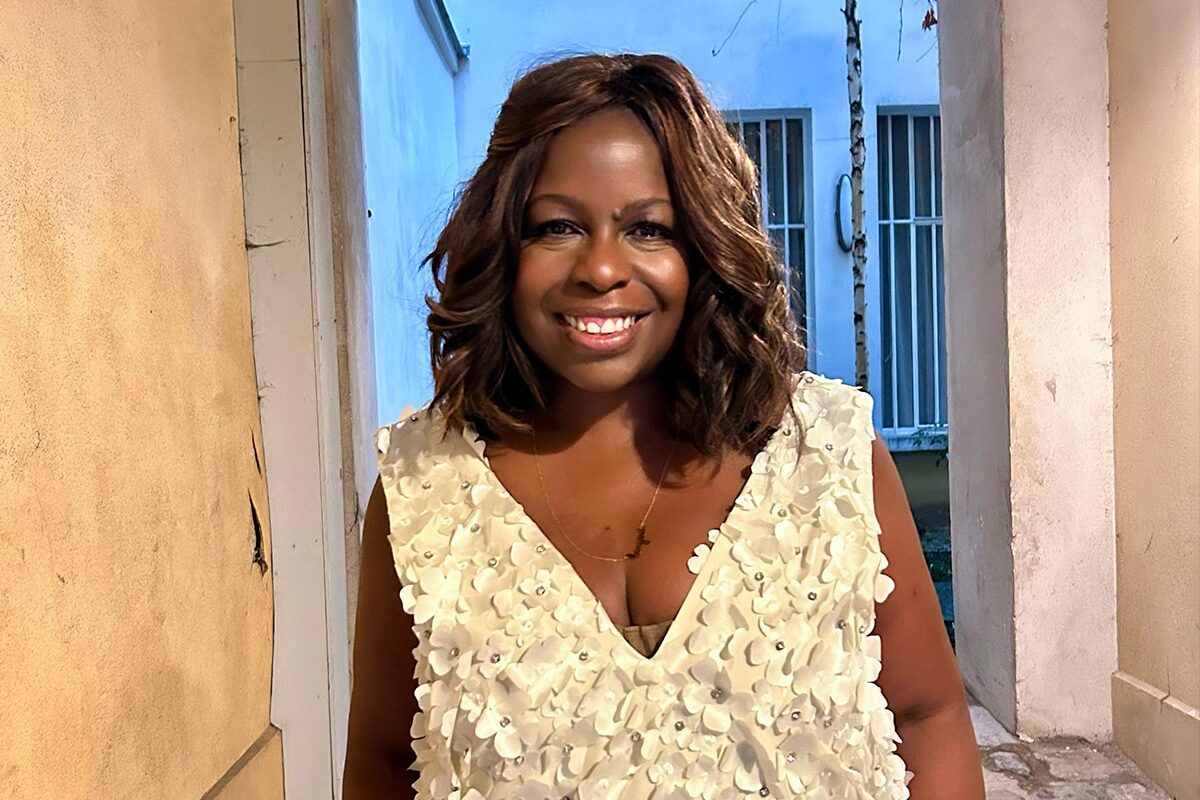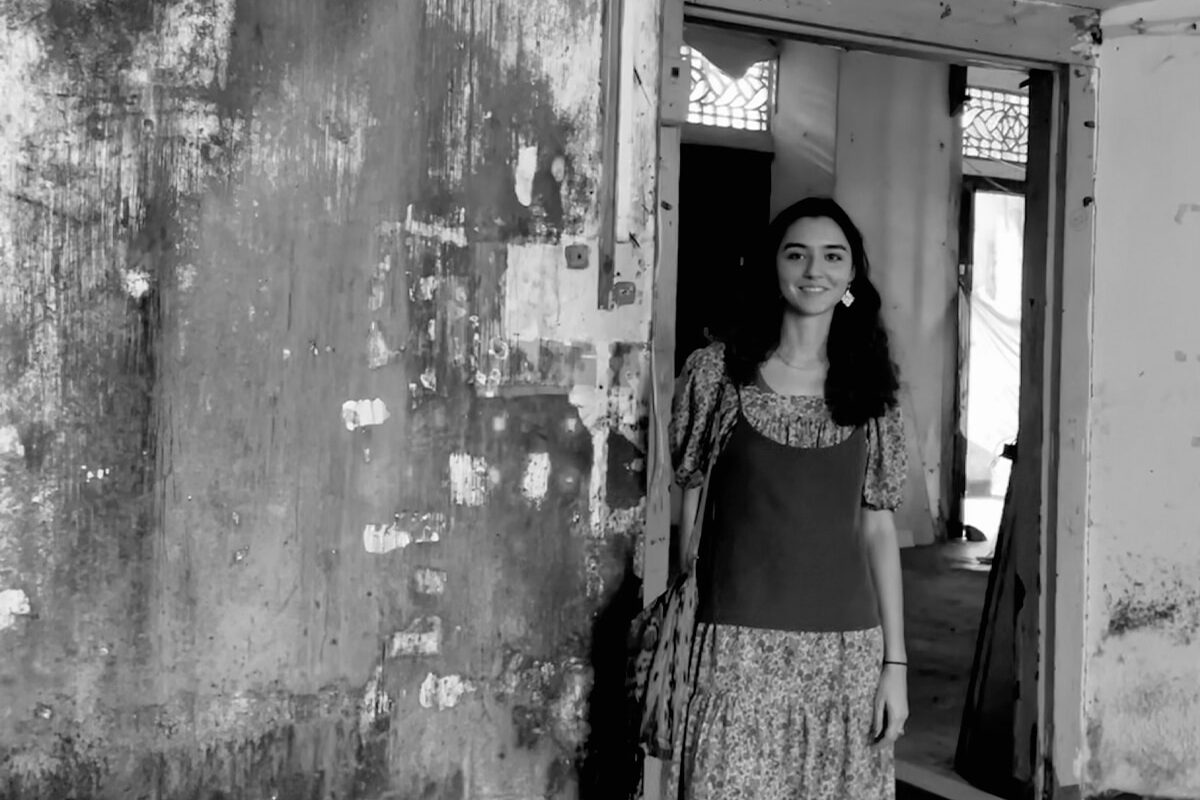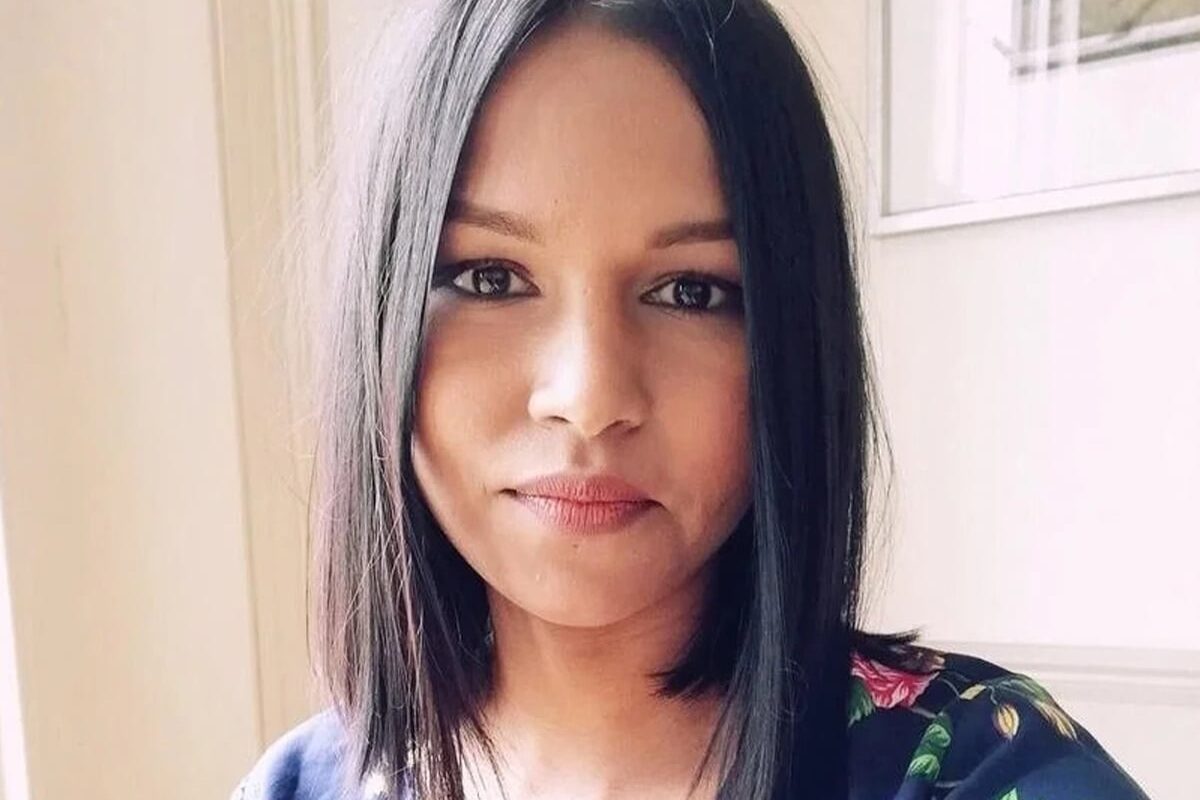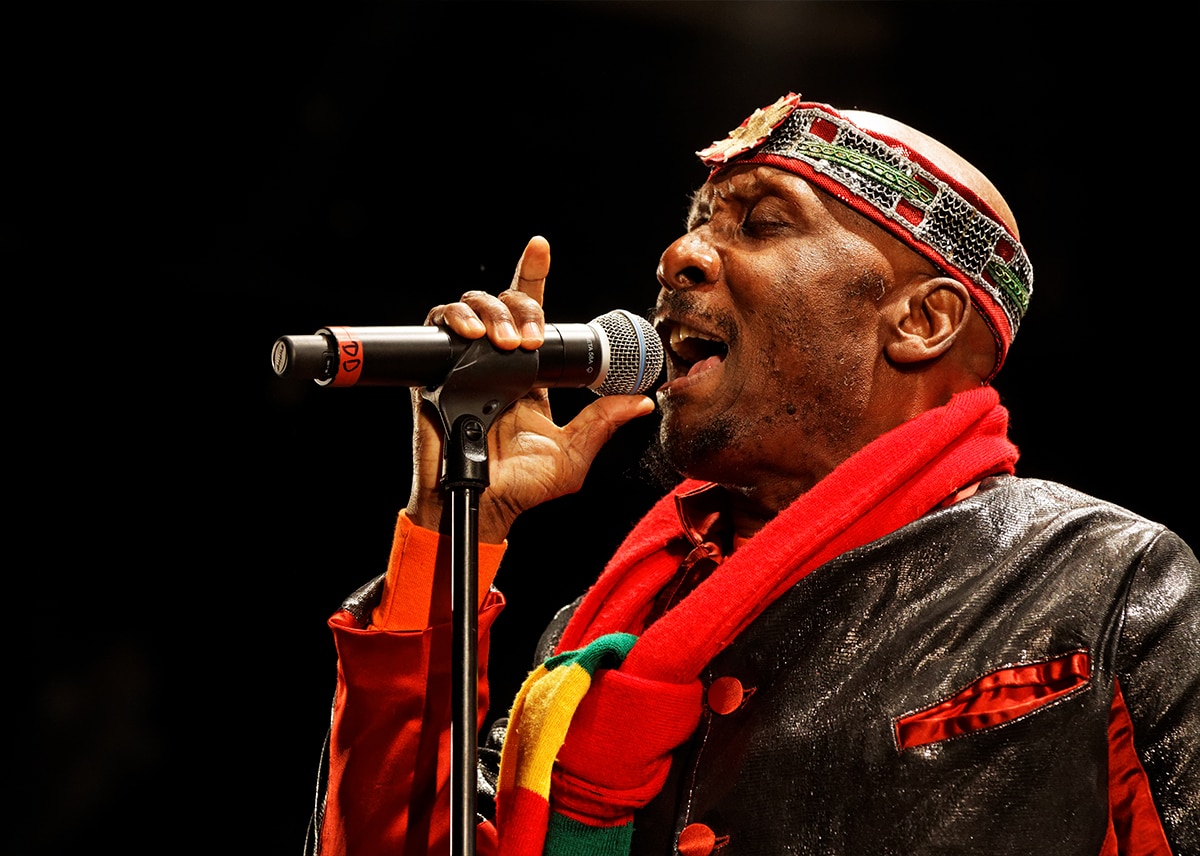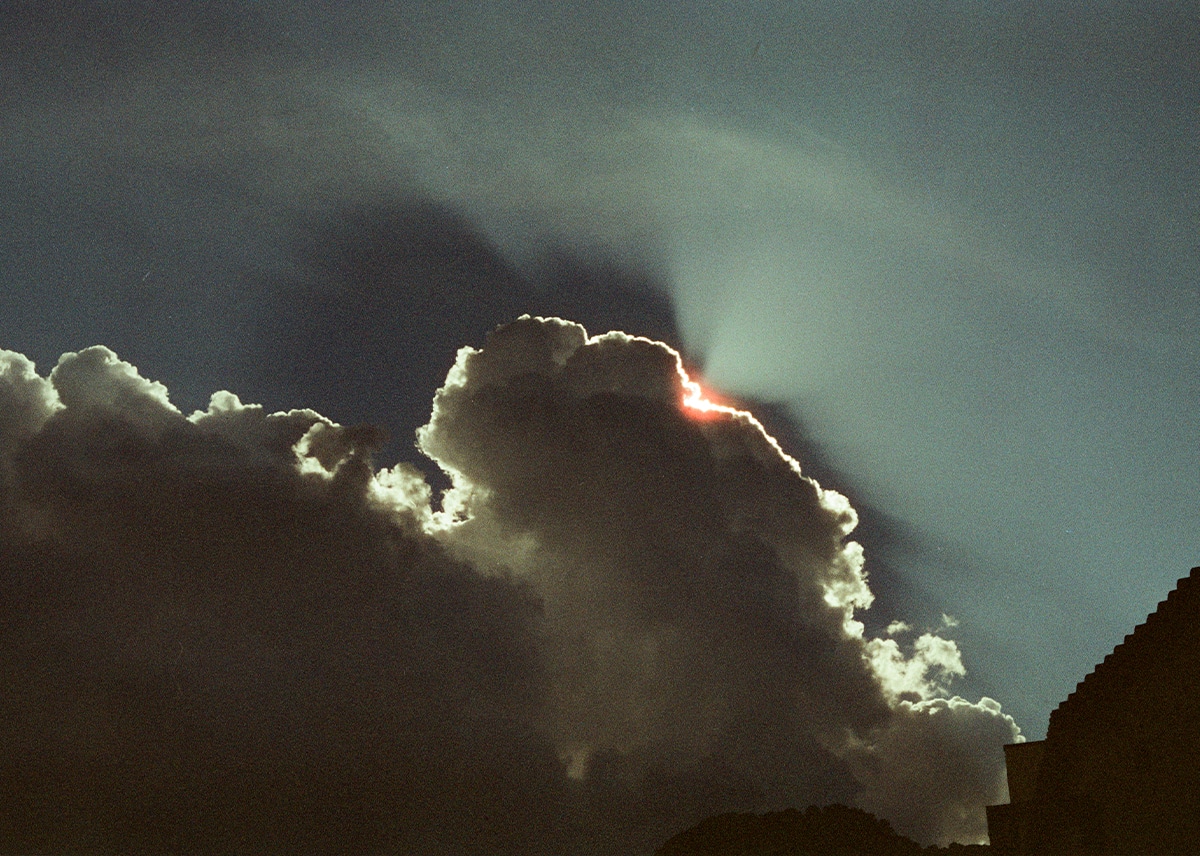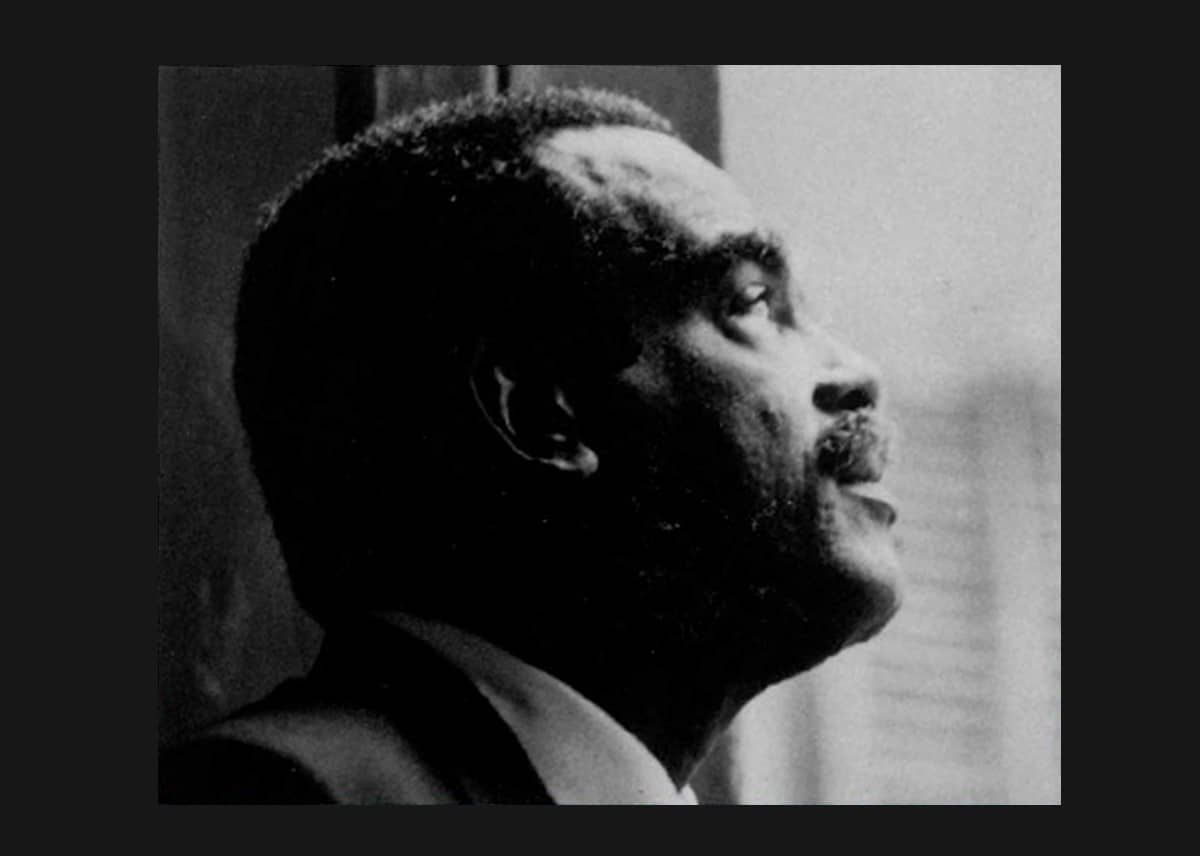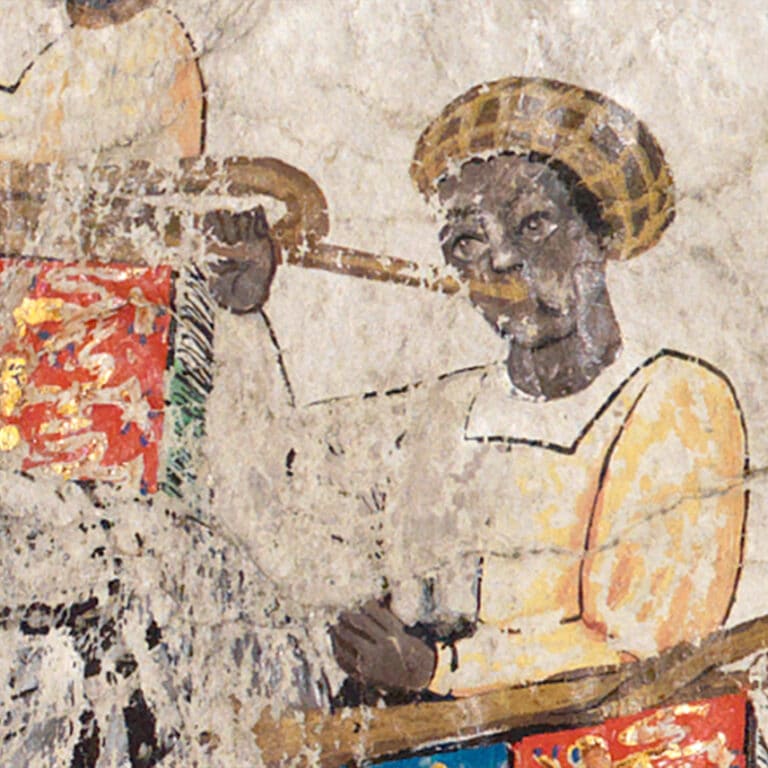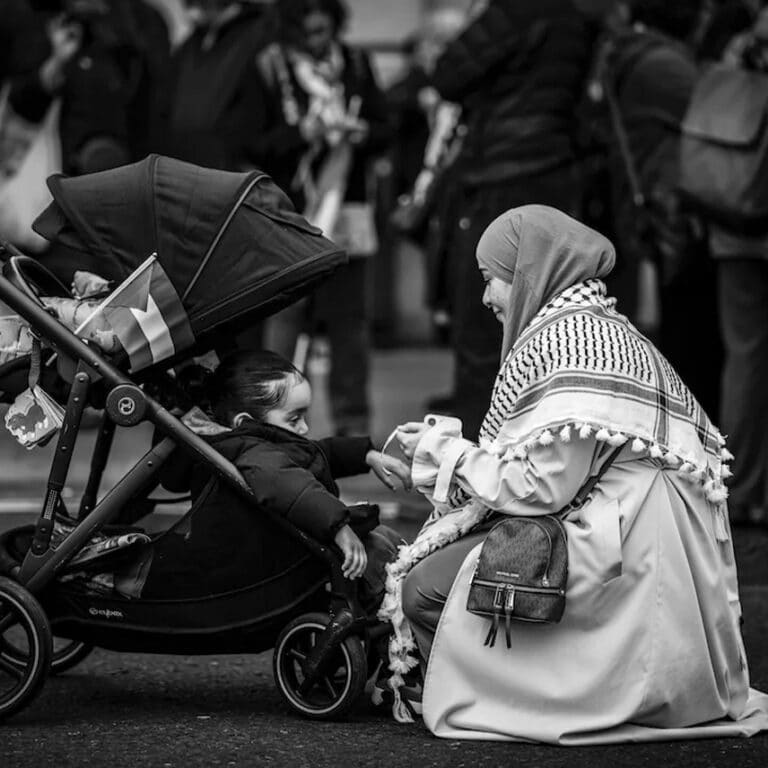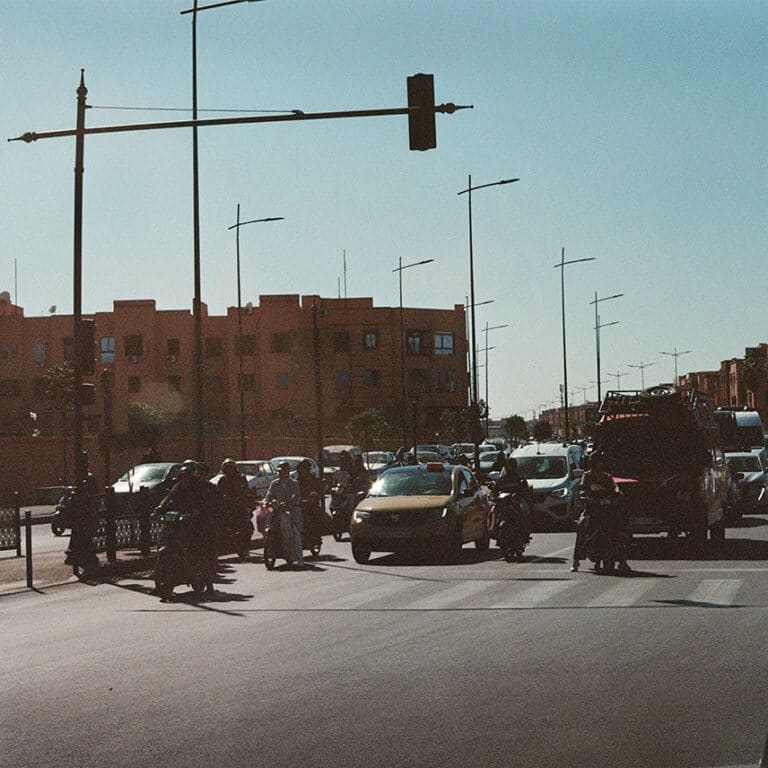One To One: John & Yoko
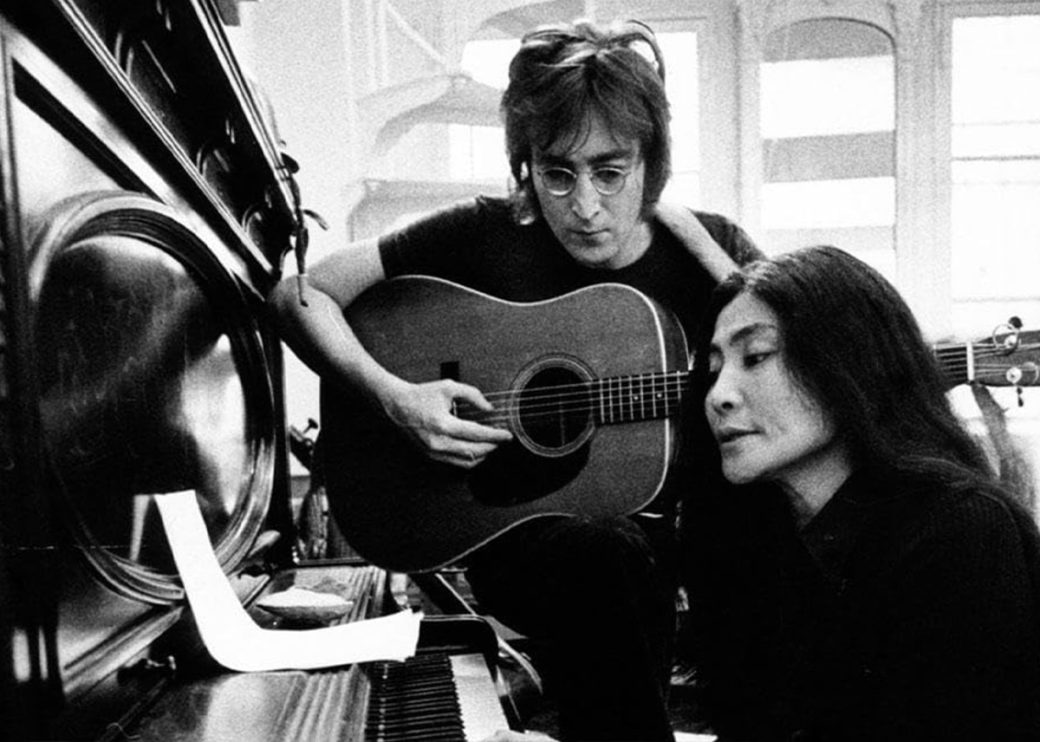
Directed by Kevin Macdonald and Sam Rice-Edwards (2024)
Review by John Siddique
Kevin McDonald and Sam Rice-Edwards’s highly-involving documentary comes at the forefront of a whole slew of Beatles biographies that are about to try to milk their cash-cow. Fortunately, this film, exploring the Ono-Lennon’s move into a little two room apartment in New York City at the beginning of the 1970s, surprisingly offers real depth, insight and humour.
I do admit that your reviewer sat down with a fair amount of WTF in the cinema when asked to write this, but the team on this film have done an irresistible job of storytelling. They use a combination of restored footage of Lennon’s ‘One to One’ concert – giving the film its title – and lots of television content and programming from the time in a cut-up style which really gives a depth and sense of being there for yourself in the early 1970s. You really do feel like you are in the room with them throughout this journey. Film and TV footage is combined with audio recordings of John & Yoko’s phone calls – which they had started recording when they suspected that their phone was being tapped (and then found this to be true when they discovered strange people coming and going from their basement and found wiretapping equipment on their line). There is one recorded conversation that brings a real chuckle about trying to get a large amount of flies for an art exhibition threaded through the film.
From their apartment, John and Yoko begin to mix with local activists and artists and watch a lot of television – the combination of which begins to create a need in them to try to do something politically meaningful – and they look for a cause through the mirror of what they are seeing via the TV at the end of their bed. Their apartment was meticulously recreated from photos and descriptions from various biographies for this film and quickly becomes a character in its own right.
After the insanity and intensity, and sometimes hatred, of the fandom and press in the UK towards The Beatles, and especially towards Yoko, the Ono-Lennons found that in New York they were mostly allowed to be their own people again. John begins therapy trying to heal his hurts. Through he struggles on with a lot of anger, he begins to recognise his tendencies. We discover that another reason for moving to America is that they are trying to gain access to Yoko’s daughter from her previous marriage – this is a difficult and complex tale that the viewer will have to sit with in their own hearts as they watch.
As John and Yoko try and fail to get involved with a cause, many well-known people cross in and out of their sphere. Allen Ginsberg is there and at one point he reads one of the funniest decolonising poems you may have ever heard. He’s quite the constant in the happenings around town. Also present a great deal is the radical activist Jerry Rubin who they get very drawn in by, but as things start to unravel into dangerous territory, John has the northern sense to step away. Bob Dylan, or rather ‘the idea of Bob Dylan’, is very present throughout though he never appears, as it seems the political approach of the artists at this time is still largely driven by those early Dylan records where he directly talks about the ‘Masters of War’ and so on. The Vietnam War is just moving into its latter third at this point and footage of the horrors purported against the bodies and lives of the Vietnamese people starkly pull you into what is currently happening and being supported in our present day as the idea of the West falls further towards authoritarianism and fascism.
Finally, the television shows Yoko and John something meaningful that they can do something about – a report on The Willowbrook State School for children with learning disabilities. We see, like the Ono-Lennons do, the understaffed premises, 5000 children sitting without contact all day, lying in their shit and piss. The few staff only having three minutes to feed each child: children who need and deserve proper time, love and attention. So John decides to put on a benefit concert – ‘One to One’ – to try and help these kids. The musical footage is remarkable, the highlight perhaps being John’s straight to camera rendition of his song ‘Mother’, exploring his own abandonment by his mother and father when he was a child. The show raises 1.5 million dollars to help the children, and so we travel from political naivety to something real, and we get to see an outing for some of the children funded by this work.
I’m sure people will be debating about and speaking for John and Yoko for many more years in the music forums and music press, but if you do go to see this film, it’s likely you’ll leave the cinema moved and feeling some hope amidst the undoubted complexity of these two artists’ lives.
Ever Since We Small
Celeste Mohammed's novel explores both the far-reaching impacts of colonialism and the small realities of life that binds its characters
Red Pockets
Alice Mah's memoir confronts the climate crisis while dragging the reader back from the brink of despair
The Legends of Them
A dream-like production set inside the subconscious mind of a high-flying, female reggae artist
Jimmy Cliff’s influence on the soul of reggae
Jimmy Cliff’s death last month prompted an outpouring of affection. In an augmented extract from I&I: The Natural Mystics, a social history of Jamaica, our Director reflects on Cliff’s emergence as a reggae pioneer.
Writing saved my life
'This new writing thing became part of my self-harming ritual. After I would cut, I would write...'
Édouard Glissant’s Poetics of Relation
The rewards of reading the deliberately complex texts of the Antillian philosopher Édouard Glissant

Preaching
'Preaching': A new poem by the T.S.Eliot Prize-winning poet Roger Robinson, from his forthcoming New and Selected Poems (Bloomsbury in 2026).
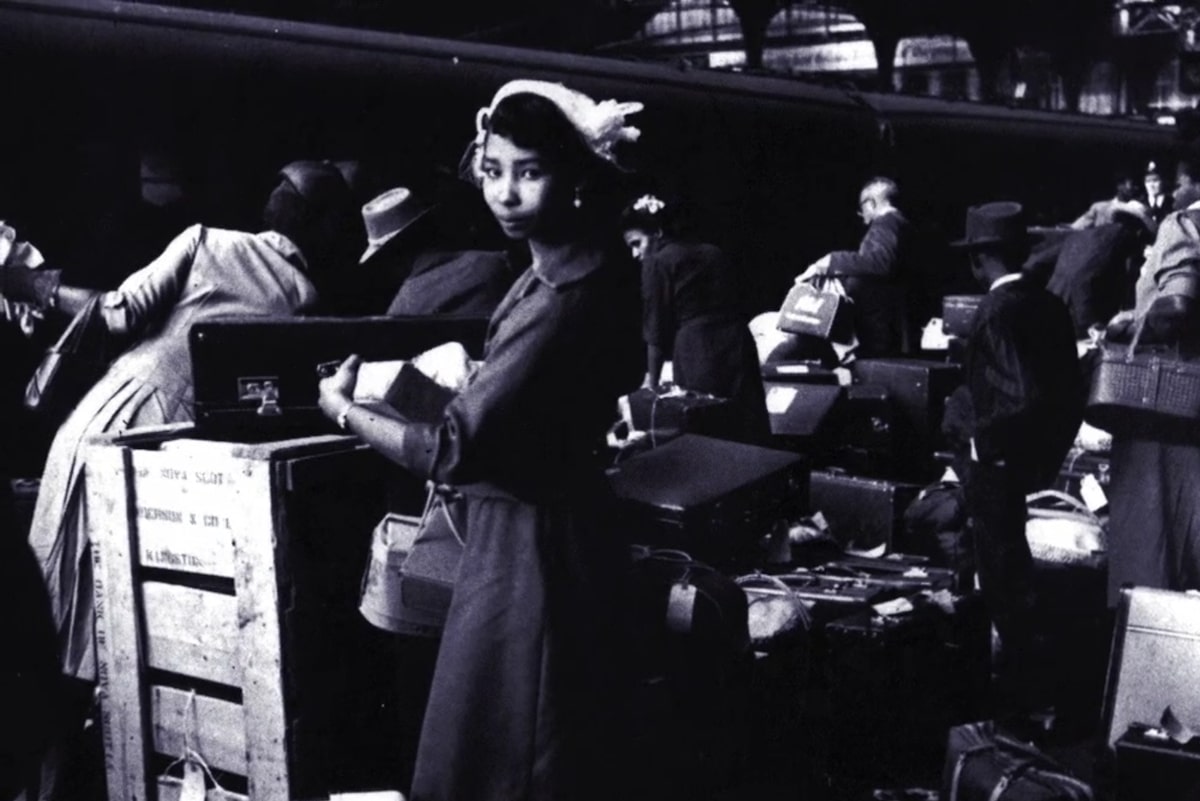
Walking in the Wake
Walking in the Wake was produced for the Estuary Festival (2021) in collaboration with Elsa James, Dubmorphology and Michael McMillan who meditates on the River Thames as we follow black pilgrims traversing sites of Empire.

Illuminating, in-depth conversations between writers.
SpotifyApple Podcasts
Amazon Music
YouTube
Other apps

The series that tells the true-life stories of migration to the UK.
SpotifyApple Podcasts
Amazon Music
YouTube
Other apps

